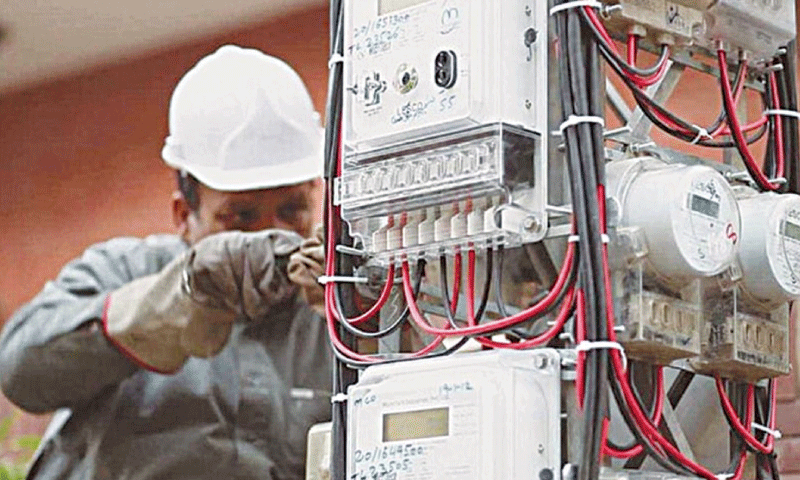ISLAMABAD, Jan 6: The government is considering a proposal to revise prices of petroleum products on monthly basis, instead of the current policy of fortnightly revision.
The Economic Coordination Committee (ECC) of the cabinet in a meeting to be held on Friday will consider the proposal. It may be mentioned that the government has kept domestic oil prices unchanged for more than a month despite steep declines in crude oil prices in the international market, ignoring public pressure for a corresponding reduction.
According to sources, there are five items on the agenda of the ECC meeting, including an increase in the profit margins of oil marketing companies (OMCs) and dealers by keeping the crude prices at a minimum of $45 and maximum of $80 a barrel, as base.
The government has held the OMCs and dealers responsible for the present shortage of petrol in several areas of the country.
The ECC will also consider a five-year petroleum policy which will offer a tax exemption and more fiscal incentives to exploration companies.
The Ministry of Petroleum says the new policy is designed to attract investment on the exploration side with a more simplified procedure of licensing and award of contracts. The policy seeks exploration of 50 new blocks. It also suggests a 33 to 80 per cent increase in consumer gas prices.
Sources told Dawn that the new petroleum policy proposes a reduction in the bidding time for new exploration licences from 90 to 30 days in order to save time. There will be no prequalification involved in process and companies with “good working programmes” would be awarded contracts.
The 2007 petroleum policy, the sources said, was believed to have failed.
In 2005, Pakistan’s average daily production of crude oil and gas was 66,500 barrels and 3,800 million cubic feet, respectively. At that time, the crude production met only 17 per cent of the demand for domestic consumption.
The situation now has worsened because the law and order situation has scared away investments in the exploration sector. The domestic gas production and supply are unable to meet the demand of domestic users, the industrial sector and power generation. Gas shortages have gone up to 707 billion cubic feet a day.The government had introduced the first petroleum policy document in 1991, followed by petroleum policies in 1993, 1994, 1997 and 2001.
The sources said the ECC would also consider a suggestion to award the task of monitoring prices of furnace oil to the Oil and Gas Regulatory Authority (OGRA). Furnace oil is a deregulated item and it is believed that OGRA’s monitoring is needed to maintain a price balance.
The committee will also discuss the price of Liquefied Petroleum Gas.














































Dear visitor, the comments section is undergoing an overhaul and will return soon.